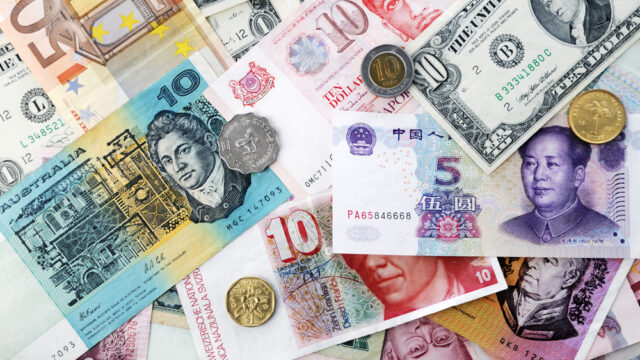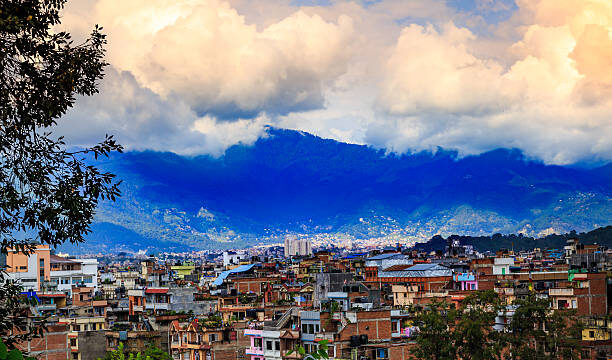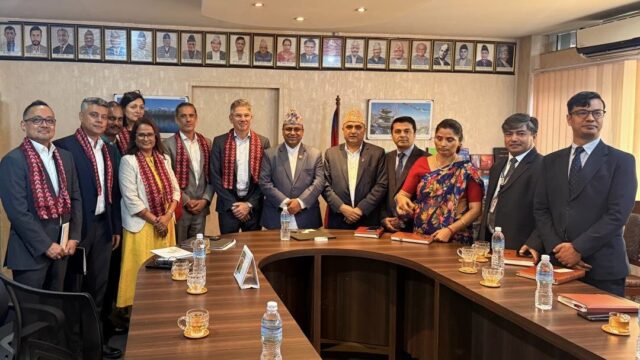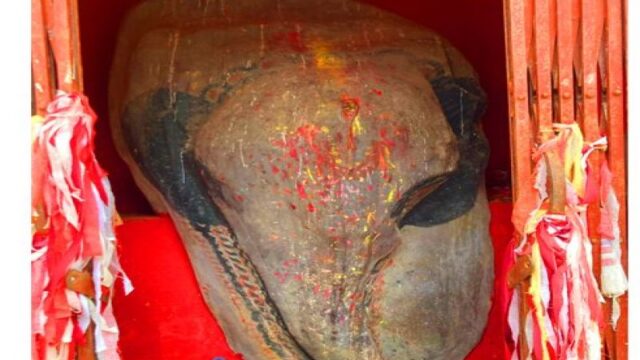Nepal Rastra Bank (NRB), the central bank of Nepal, has announced the official foreign exchange rates for various international currencies applicable for today. These rates, which determine the buying and selling prices of foreign currencies in Nepali Rupees (NPR), serve as a crucial benchmark for commercial banks, financial institutions, importers, exporters, and the general public engaged in foreign exchange transactions across Nepal.
Nepal Rastra Bank’s Exchange Rate
According to the official notification from Nepal Rastra Bank, the exchange rate for the United States Dollar (USD), the world’s most widely traded currency, has been fixed with a buying rate of NPR 136.52 and a selling rate of NPR 137.12 per one US dollar. This rate indicates that commercial banks and authorized dealers will purchase one US dollar from clients at NPR 136.52 and sell at NPR 137.12.
Other major international currencies have also been assigned specific buying and selling rates. The European Euro (EUR) is set at NPR 152.40 for buying and NPR 153.07 for selling per one Euro, while the British Pound Sterling (GBP) is trading at a buying price of NPR 181.22 and a selling price of NPR 182.02 per pound. The Swiss Franc (CHF) has been fixed at NPR 162.94 for buying and NPR 163.66 for selling.
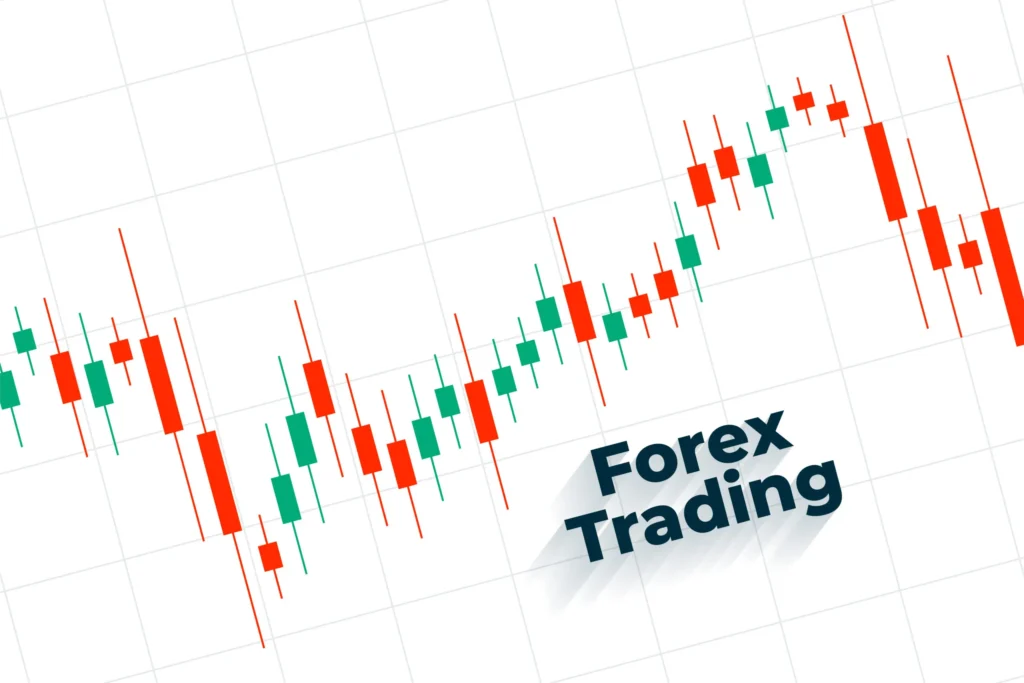
In the Asia-Pacific region, the Australian Dollar (AUD) exchange rate stands at NPR 87.41 for buying and NPR 87.80 for selling, reflecting a moderate valuation in comparison to the Nepali Rupee. Similarly, the Canadian Dollar (CAD) is priced at NPR 97.76 for buying and NPR 98.18 for selling, while the Singapore Dollar (SGD) holds at NPR 105.03 for buying and NPR 105.49 for selling.
The Japanese Yen (JPY), which is quoted per 10 units rather than a single unit, is trading at NPR 9.37 for buying and NPR 9.42 for selling, showing stability in its value. The Chinese Yuan (CNY) is priced at NPR 18.94 for buying and NPR 19.02 for selling, indicating a slight premium over the Nepali Rupee. Middle Eastern currencies like the Saudi Arabian Riyal (SAR) and the Qatari Riyal (QAR) are also included, with buying rates set at NPR 36.40 and NPR 37.45 respectively, and selling rates at NPR 36.56 and NPR 37.62 respectively.
Further, the Thai Baht (THB) is trading at NPR 4.09 for buying and NPR 4.11 for selling per unit, showing minor fluctuations typical in regional currencies. The United Arab Emirates Dirham (AED) is priced at NPR 37.17 for buying and NPR 37.34 for selling, while the Malaysian Ringgit (MYR) is fixed at NPR 31.78 and NPR 31.92 for buying and selling respectively. South Korean Won (KRW), quoted per 100 units, is set at NPR 9.76 for buying and NPR 9.80 for selling.
In addition to these, the Swedish Krona (SEK) is valued at NPR 13.96 for buying and NPR 14.02 for selling, and the Danish Kroner (DKK) is fixed at NPR 20.43 for buying and NPR 20.52 for selling.
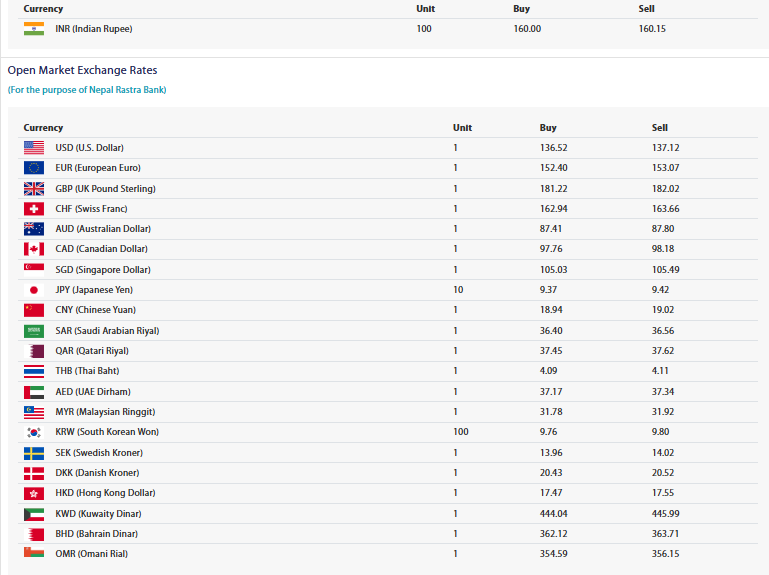
The Hong Kong Dollar (HKD) has been assigned a buying rate of NPR 17.47 and a selling rate of NPR 17.55. The Kuwaiti Dinar (KWD), known for its high value, stands significantly higher with a buying rate of NPR 444.04 and a selling rate of NPR 445.99. The Bahraini Dinar (BHD) is priced at NPR 362.12 for buying and NPR 363.71 for selling, while the Omani Rial (OMR) is at NPR 354.59 for buying and NPR 356.15 for selling.
Special mention is given to the Indian Rupee (INR), Nepal’s closest neighbor and major trading partner, where the rate for 100 Indian Rupees has been set at NPR 160 for buying and NPR 160.15 for selling. This rate reflects the close economic ties and the significant volume of cross-border trade and remittances between the two countries.
Nepal Rastra Bank has clarified that these exchange rates are subject to change as per market demand and supply conditions and the central bank’s monetary policy considerations. The bank reserves the right to revise these rates at any time during the day to respond to volatile market conditions or economic developments.
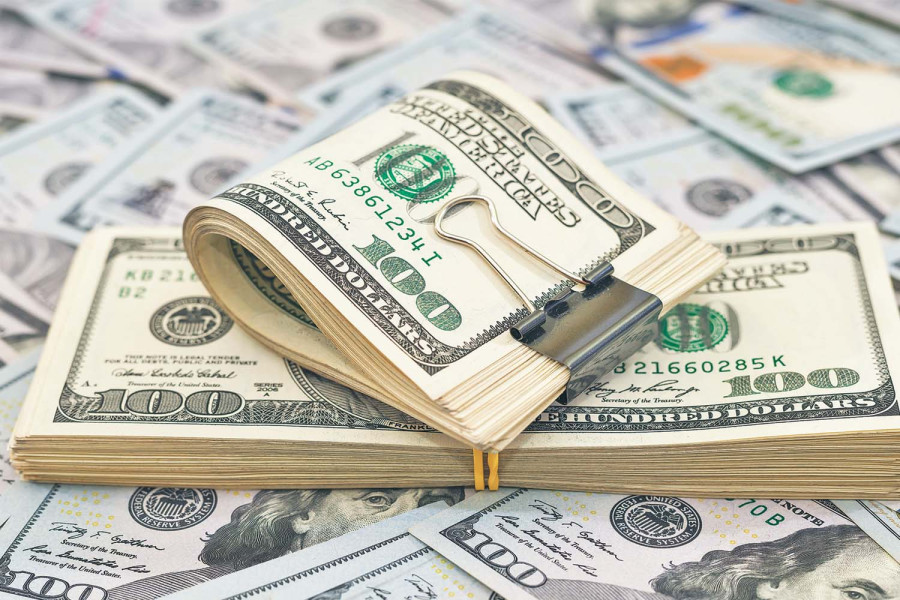
While the exchange rates fixed by Nepal Rastra Bank provide a standard reference, commercial banks and licensed foreign exchange dealers may offer slightly different rates based on their operational costs, profit margins, and market competition. Users are advised to check the latest rates either directly from authorized banks or from the official Nepal Rastra Bank website, where daily updated rates are published.
The determination of exchange rates plays a pivotal role in Nepal’s economy, influencing the cost of imports and exports, foreign investment flows, inflation rates, and overall economic stability. Given Nepal’s open economy and reliance on remittances and tourism, stable and transparent foreign exchange mechanisms are vital for sustaining economic growth and facilitating international trade.
Financial analysts observe that the current rates reflect ongoing global economic trends, including currency strength fluctuations, trade balances, and geopolitical developments. For importers and exporters, understanding these rates is crucial for effective financial planning and risk management.
The announcement of foreign exchange rates by Nepal Rastra Bank is an essential routine measure that supports the smooth functioning of Nepal’s foreign exchange market. Stakeholders ranging from individual travelers to large corporations depend on these rates for their financial transactions involving foreign currencies.


